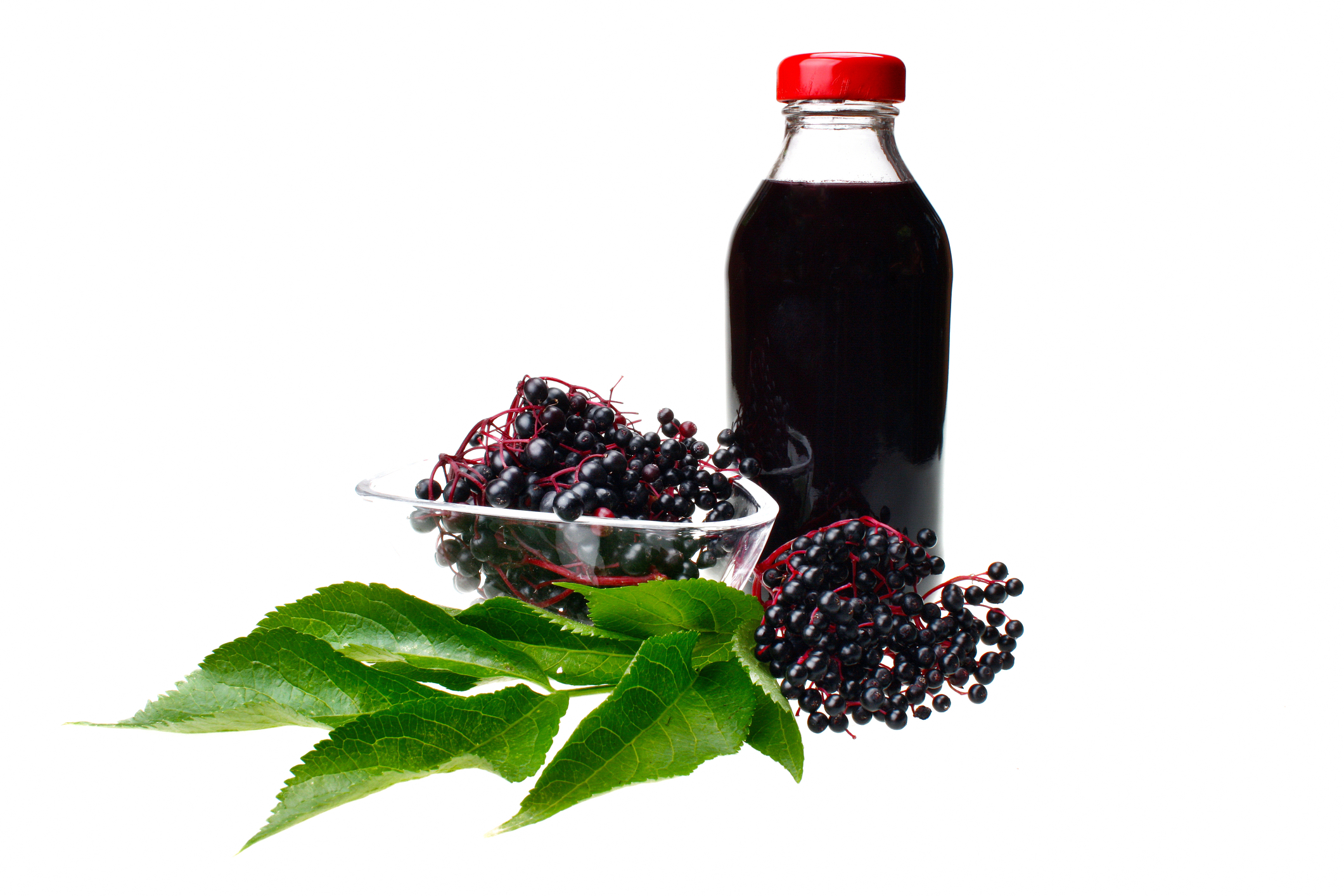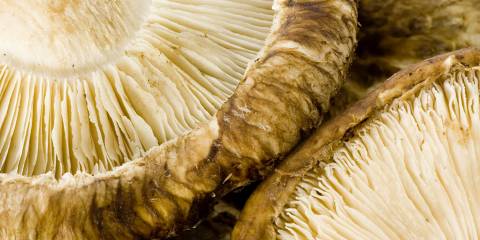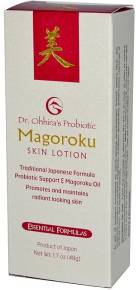Try this herbal immunity booster.
Elderberry (Sambucus nigra) has a lot going for it—and for you—during cold and flu season. Its dense antioxidant levels may keep you from getting sick. If you do succumb, it can help relieve symptoms.
Recent research shows that elderberry has great potential in reducing cellular oxidative stress and preventing inflammatory processes.
Elderberry v. Flu
Research shows that elderberry extract shows promise at being able to reduce the concentration of COVID-19 virus in cells.
One study showed that patients with flu symptoms who took elderberry lozenges for two days showed statistically significant decreases in fever, headache, and nasal congestion than those taking placebo.
Clinical trials of patients with the flu suggest taking the herb at the first sign of illness and to continue doing so for three to five days. People given elderberry syrup in a randomized, double-blind, placebo-controlled study found that their flu symptoms ended an average of four days sooner than those given a placebo syrup.
Elderberry's Other Health Benefits
A daily dose of elderberry juice may have considerable other health benefits. Researchers determined that drinking 12 ounces per day for a week helped with weight management and glucose tolerance while improving the gut microbiome.
"This study contributes to a growing body of evidence that elderberry, which has been used as a folk remedy for centuries, has numerous benefits for metabolic as well as prebiotic health," said researcher Patrick Solverson, PhD.
Participants saw their blood glucose levels drop by an average of 24 percent, indicating an enhanced ability to process sugars. The juice also seemed to improve the body's fat-burning ability.
Elderberry Dosages
Elderberry tea can be made from the herb's dried flowers. Elderberry syrup is typically taken in the amount of 1 tablespoon four times daily for the first few days of an illness.
Who Should Use Caution with Elderberry
Elderberry may lower blood sugar and should be avoided by people with diabetes and pregnant or breastfeeding women.





